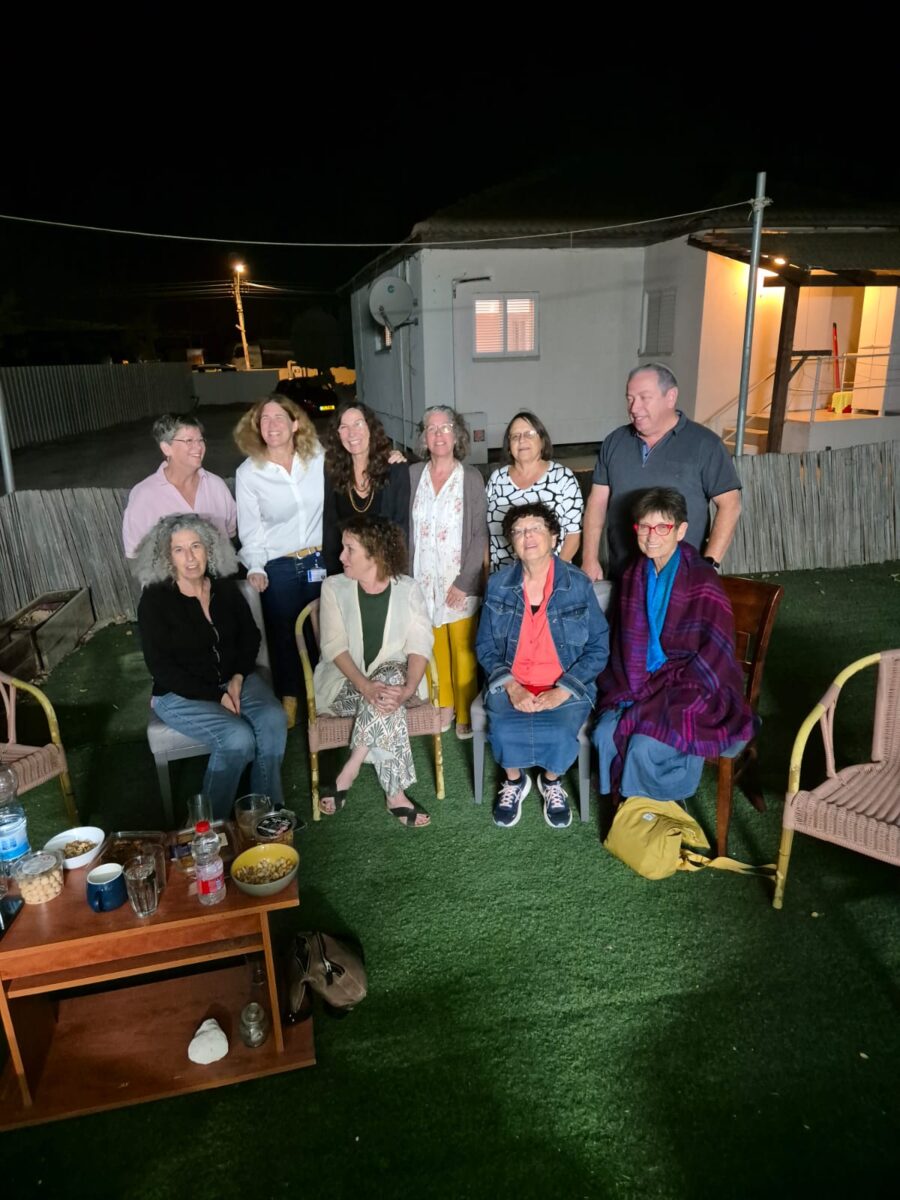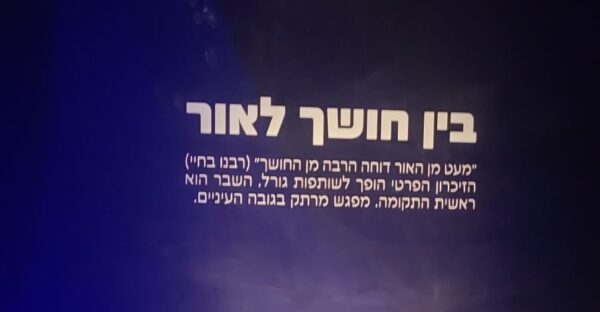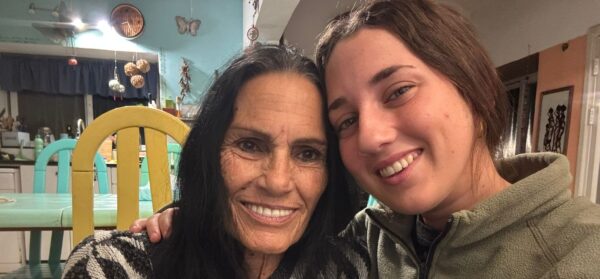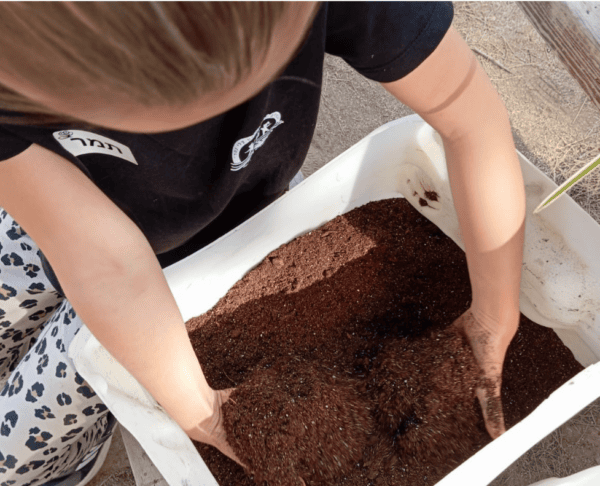For moshavim, nestled in southern Israel’s agricultural heartland, the events of October 7, 2023, brought a sudden and unexpected transformation. As the brutal attack on the Nova music festival unfolded nearby, terrified survivors scattered, searching desperately for shelter. Many were taken in by the people of Patish and other small communities, who responded with immense compassion.
Life in the moshavim is different. There’s less infrastructure, more intimacy, and occasionally a quiet resistance to change. This is where volunteers have stepped in not to disrupt, but to join – gently, steadily, and with a deep respect for what already exists.
Rina Cohen spoke movingly about the role Elul’s Shnat Sherut 50 Plus volunteers play simply by listening. In many of the communities, she explained, people are emotionally exhausted – so worn down by their own trauma that it’s hard for them to keep hearing the stories of October 7. But the volunteers, she said, bring fresh ears and open hearts.
“I tell them,” Rina shared, “we want to listen. There is no limit to how much we can hear. Speak – we are here for you.”
It’s this quiet, unwavering presence that allows stories to be told, memories to be honoured, and healing to begin.
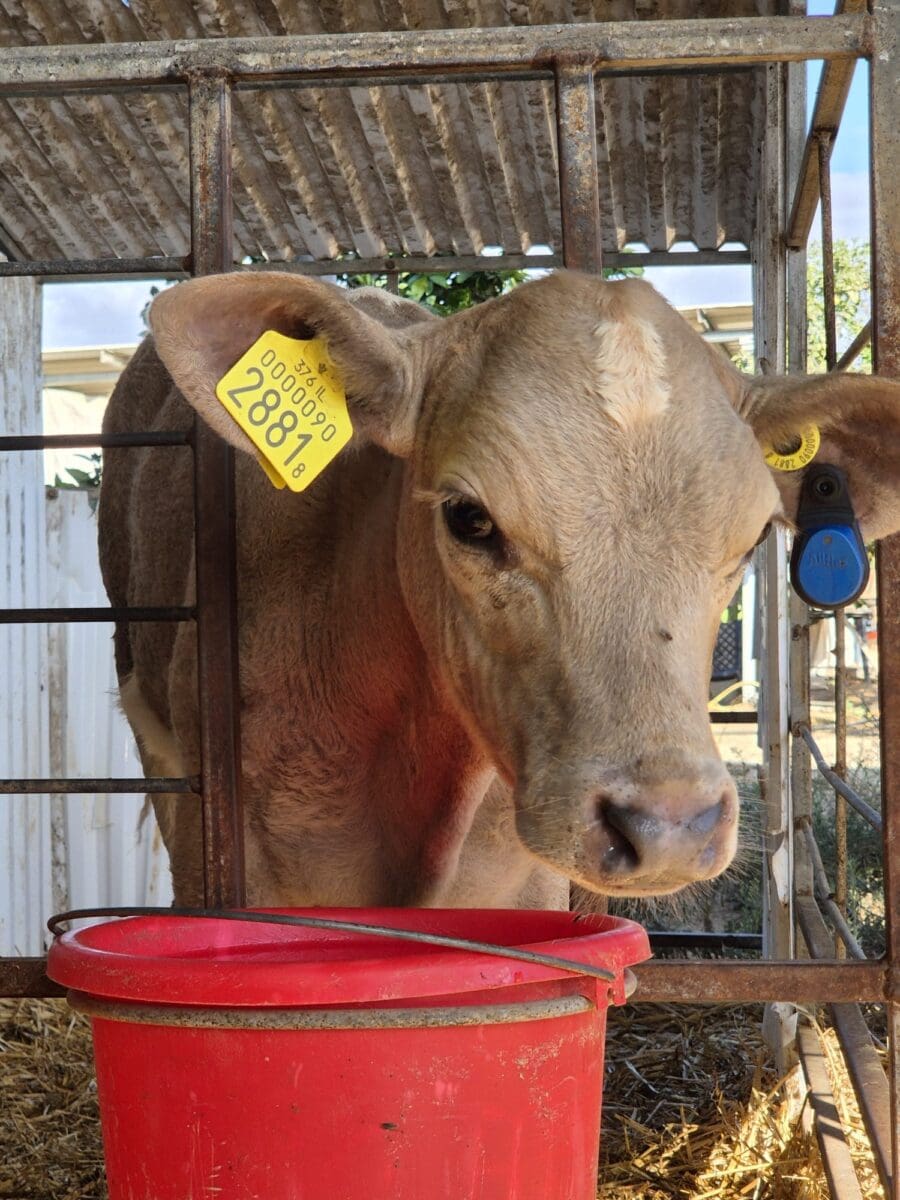
Community Navigation, Gently Done
H.L. was assigned to community development in one of the moshavim – a task without a manual. She found a new community manager from the Settlement Division just starting her term, and rather than taking over, H.L. offered her the tools and encouragement to lead. Together, they began preparing for memorial events, launched plans for a warm house (a long-held dream in the moshav), and revived the neglected community museum by connecting with national institutions.
Through patient relationship-building and local buy-in, H.L. has helped move forward initiatives that had been delayed for years – from a women-led community event for the moshav’s 75th anniversary to a budding community forest project.
In nearby Patish, P. has taken on the unglamorous but essential work of helping the local committee. With competing associations and internal politics, this is no easy task. But her guidance in budgeting, work plans, and soft mediation has already led to better organization – and better cooperation. She doesn’t push; she offers.
Grandmothers on Loan and Homes Transformed
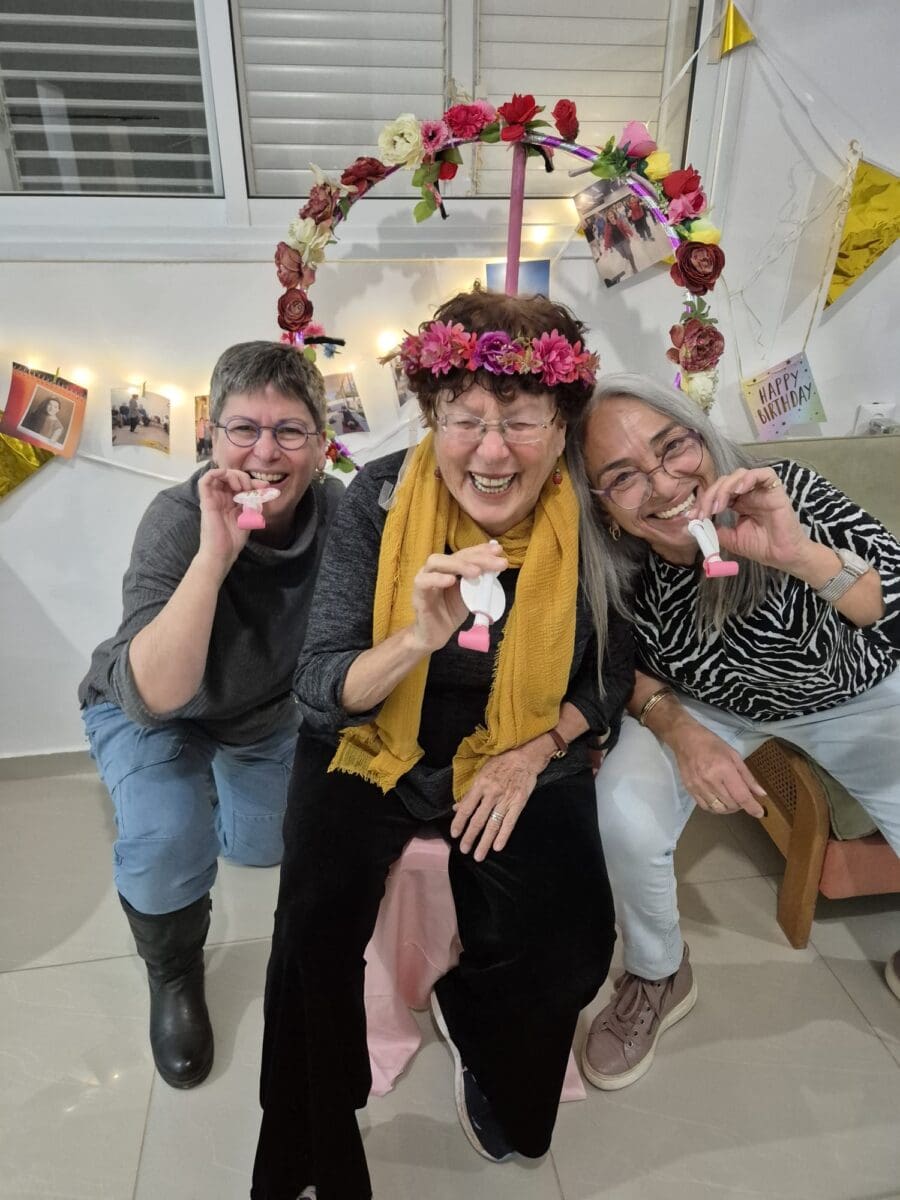
D.L., a graphic designer by profession, found herself volunteering in an unexpected and deeply personal way. Through her local “Grandmother on Loan” initiative, she began supporting a young single mother with three children living in difficult circumstances. What began as help with childcare turned into a full home makeover – coordinated with the landlord, fellow volunteers, and most significantly, the mother herself, who is now so proud of her living space. “She shows me what she’s changed every week. It’s completely transformed how she sees her home,” D.L. says.
Creating Spaces of Support and Belonging
V.F., living in Moshav Yavol, felt the isolation acutely at first. But she turned it into an opportunity. She opened up her home — quite literally – by creating a therapeutic play space for children and families. Originally designed to help a single struggling family, it has since expanded, attracting more parents, and now a local soldier has joined to assist. V.F. noted that unlike kibbutzim, the moshav lacks central gathering spaces, so she created one.
S.F., based in Neve Eshkol but active in nearby moshavim, offers digital and emotional support to elderly residents. Sometimes, she says, the work is as simple as sitting next to someone as they try to remember their email password – but those moments open doors to deeper conversation and trust.
R.L., another volunteer in the region, helps run the Yad 2 Center, pushing for renovations and dreaming of a more welcoming space for those seeking second-hand goods or support. Her community engagement is constant, and her knowledge of the people, networks, and needs of the moshavim has made her an unofficial connector across multiple initiatives.
Navigating Challenges of Absorption
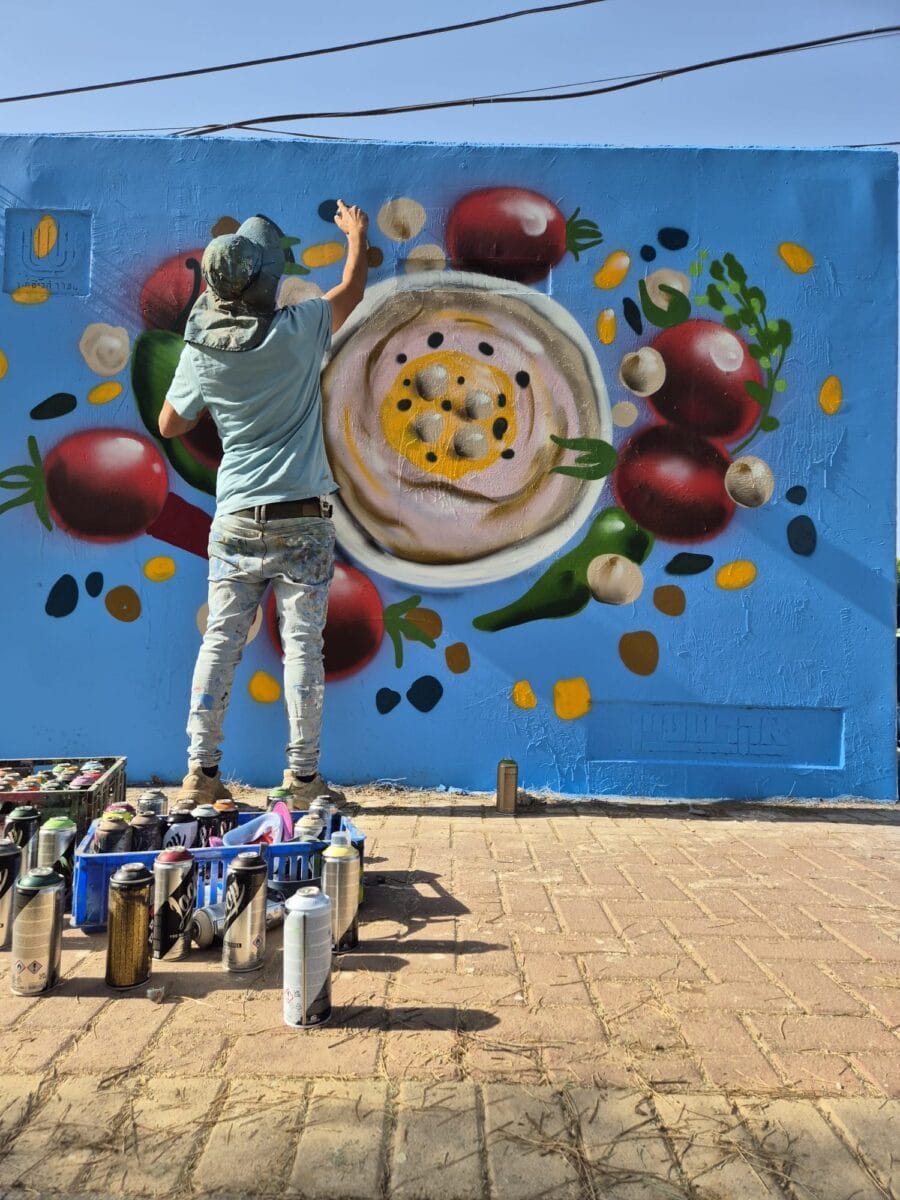
Many volunteers working in the moshavim note the same challenges: unclear job definitions, slow starts, or lack of formal recognition. But those who stay find ways to build their own structures, driven by need and empathy. Whether guiding new mothers, elderly residents, or overstretched committees, their work is rarely visible from the outside – but absolutely essential on the inside.
In Patish and across the moshavim, change doesn’t arrive with a megaphone. It arrives in conversation, in companionship, in quiet consistency. These volunteers aren’t just giving time – they’re giving communities back a sense of momentum.
